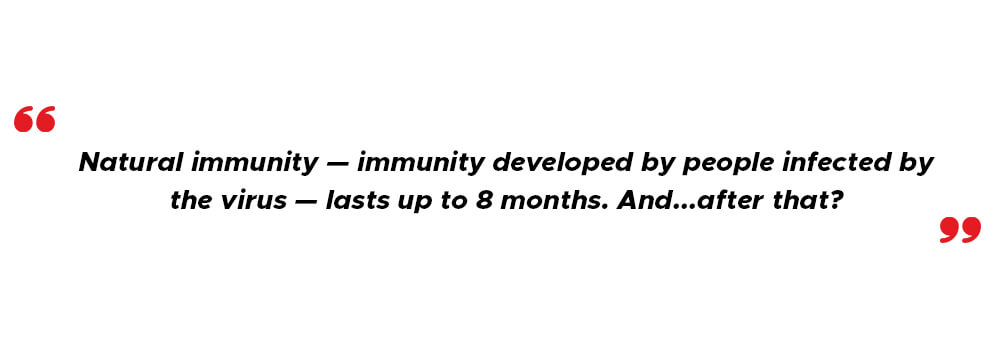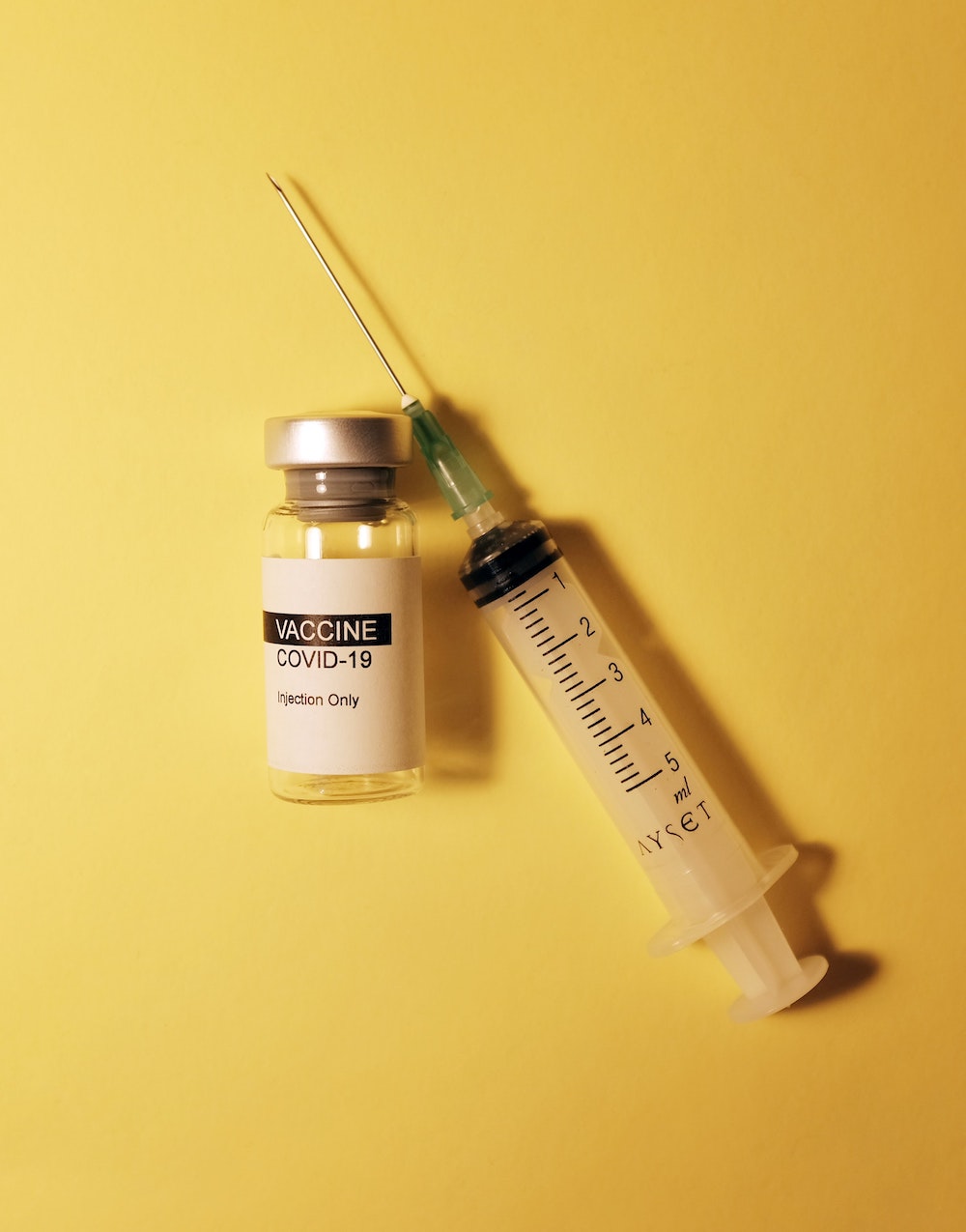According to The New York Times’ vaccine tracker, more than 3 billion COVID-19 vaccines or “jabs” have been administered worldwide.
A large chunk of these people, however, have not been “fully vaccinated,” which the paper defines as having received both of the two prime doses.
Most have only received one of the two doses that will very likely protect them against the highly contagious and deadly virus.
Though, lately, quite a lot of speculation has been circulating in the echo chambers that are news channels and social media (for some, the two are identical).
It refers to “boosters”, an additional third dose of a vaccine to prolong and strengthen the immune response against COVID-19.

How are boosters different from prime doses? Will we really need one?
Do I need a third jab?
The simple answer is: we don’t know.
Most vaccines in circulation today require only two doses to gain immunity. The problem is, it is unclear how long that immunity lasts.
The effectiveness of Pfizer-BioNTech and Moderna’s mRNA-based vaccines, representing a breakthrough in biotechnology, has been measured to be 91.3% and 94%, respectively (following the second dose).
Both claim that the immunity gained by their highly advanced vaccines lasts up to 6 months. On the other hand, a study by Science reported that natural immunity — immunity developed by people infected by the virus — lasts up to 8 months.
And…after that?
Well, as we said, it is unclear.
Our immune system, like the weather, is extraordinarily complex. It represents a network of millions of nodes, making it extremely difficult to pinpoint which nodes affect which other nodes.
To put it simply, we still lack a complete understanding of the mechanism that dictates our long-term immune response to COVID-19. It is unclear how long could our immune memory “remember” the virus and generate the appropriate antibodies when it has been recognized.
If the memory lasts just for 6 months, a third dose could extend it. And studies in large numbers are being conducted just to confirm or refute that claim.
Oxford-AstraZeneca’s Covidshield, for example, is known to be less effective than mRNA vaccines. Already administrated with a months-long delay between the two prime jabs, scientists are now conducting studies to determine whether a third delayed jab could bolster protection.
The results look encouraging, but none of the studies have been peer-reviewed. In other words, nothing is confirmed.
We generally don’t roll well with uncertainty, but that is how science works.
How does social media impact brain development? How well and long will vaccine-induced immunity hold up? The phenomena are new. COVID-19 is more so. We lack enough evidence, and enough data to find out.
That said, most healthy adults should not be worried.
Two doses of the COVID-19 vaccines approved by WHO are as effective as a vaccine ought to be, and you are urged to take them if you still have not.
However, there is a certain population for which the problem is more urgent.
Three doses for transplant recipients
The cells and tissues of transplanted organs are recognized by our immune system as foreign, and hence, are attacked by the antibodies it generates.
Consequently, recipients of organ transplants are prescribed medication that suppresses their immune response.
The problem is, transplant recipients become more vulnerable to COVID-19 than healthy adults. Even after they are fully vaccinated. In fact, this is true of any person who has a compromised immune system, characteristic of infections like HIV and certain cancers.
As a result, transplant recipients might need a third dose to make up for their suppressed response. At least, that is what the studies suggest.
A study in France, published in the New England Journal of Medicine last week, found that out of the 101 transplant recipients who received three doses of Pfizer’s vaccine, not a single recipient contracted the disease.
Recently, Toronto’s University Health Network conducted the world’s first controlled, randomized trial, administrating three doses of Moderna’s vaccine to 60 random recipients. The study involved 120; the rest were given placebos.
The first dose generated a meager response; only 5% of antibodies were detectable. The antibodies increased after the second dose, reaching up to 34%. The response generated by the third dose, given two months after the second, will be revealed in the coming weeks.
And the result, as other smaller studies have also found, is expected to be hopeful. On most occasions, antibodies rise…dramatically.
However, as you might have guessed, we need more evidence.
What we have is encouraging, but unclear.
We lack two doses, let alone three
Yes, over 3 billion vaccines have been distributed worldwide. But the distribution is distressingly unequal.
For example, the global average per 100 people who have received at least one vaccine is 40. However, the average for the US is 99/100, while it is 24/100 for India.
The number is in single digits in Africa.
The unfortunate truth is that more than 85% of the jabs have been received by high and upper-middle-class countries. Only a crushing 0.3% of the jabs have been received by low-income economies.
The situation is alarming for two doses. How will we cope with the third?
Read more: 10 Ways the Coronavirus Pandemic Has Changed the World Forever
There is hope, however.
Initiatives like COVAX have seen prominent organizations like Gavi, WHO, UNICEF, and CEPI come together to deliver vaccines to struggling nations around the world.
The initiative has promised to deliver more than 2 billion vaccines by the end of 2021.
How will we cope with the third?
Time will tell.









